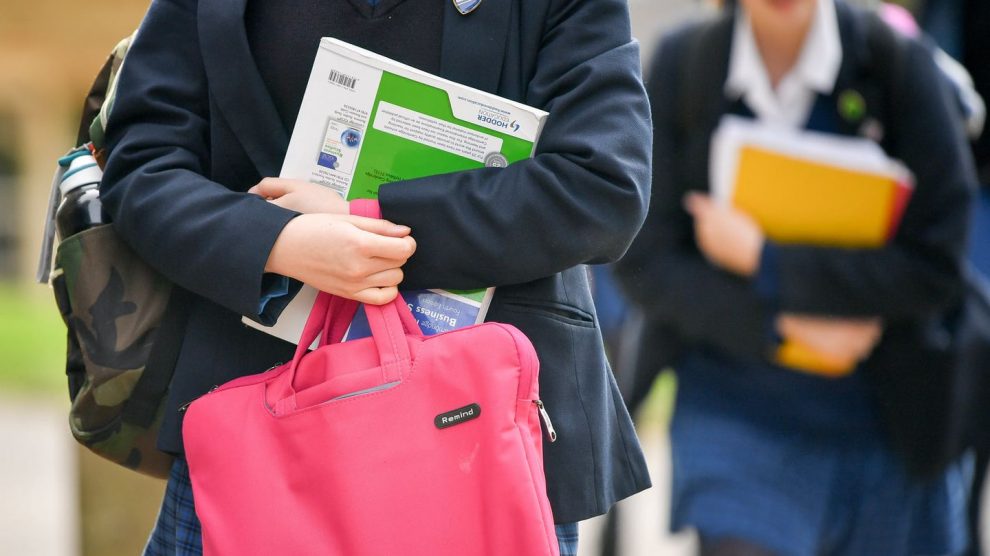As the autumn term approaches, Hampshire County Council is highlighting the COVID-19 measures that will be in place across the county’s pre-schools, schools and colleges, to support pupils and students to safely return in full to face-to-face learning.
The County Council’s Executive Lead Member for Children’s Services, Councillor Roz Chadd, said: “We know that children and young people are looking forward to the new academic year and that education staff are eager to start welcoming them back. For the autumn term, the priority for the County Council and all education settings is to ensure that pupils and students can safely and effectively return to learning in the classroom, in a way that keeps any possible COVID-19 risks to the absolute minimum. It has been an especially challenging 18 months for children and young people and we want their lives to return to normal as much as possible.”
The latest key updates to Government COVID-19 guidance about nurseries, schools, colleges and universities are summarised below.
- Bubbles are no longer required: Students will no longer be required to form bubbles or limited groups.
- When to wear a face covering has changed: Face coverings are no longer required for pupils and staff in school, which means a return to singing and playing brass instruments in school settings. However, face coverings are still recommended when using public transport to and from school.
- Changes to who needs to self-isolate and when: Under 18s and fully vaccinated adults who are identified as close contacts do not need to self-isolate unless they have COVID-19 symptoms. Close contacts should instead take a PCR test. If positive, NHS Test and Trace will inform the individual what to do next.
- Regular asymptomatic testing at home should continue: Secondary school pupils and college students are encouraged to continue taking Lateral Flow Device tests twice each week. At the start of term, schools will carry out two rapid flow tests on the school premises for each person; after this, tests should continue at home.
- Additional age groups can get vaccinated: Anyone aged 16 or 17 can now get vaccinated. Children aged 12-15 with underlying health conditions or who live with someone that is clinically vulnerable can also be vaccinated.
- Children and young people should stay home if they are at all unwell and not use public transport. Even if they don’t have COVID-19 symptoms or their COVID-19 test is negative, they may still have an illness which could be passed on to other people.
In line with Government guidance, each education setting also carries out regular COVID-19 risk assessments and may, as part of their assessment, recommend additional precautionary measures for their specific school or college, such as staggering school start times. Education settings will advise parents and carers directly if there are any further measures that they need to be aware of for their child.
Councillor Chadd continued: “As restrictions ease it may seem as if coronavirus has gone away, but every action we take to stop the spread still counts. I want to encourage people of all ages to do their part by using tissues to catch and bin coughs and sneezes, continuing frequent hand washing, and using twice weekly Lateral Flow tests if they are eligible. If you are a parent or carer of a 16 or 17 year old, please urge them to take up the jab. Vaccines are safe, effective and vital in helping to limit the spread of the virus.”
Anyone aged over 16 can access their COVID-19 vaccination at their GP surgery or from walk-in centres across Hampshire and the Isle of Wight. Some children aged 12 to 15 can also be vaccinated against COVID-19 if they meet certain eligibility criteria, which are detailed on the NHS website.





















